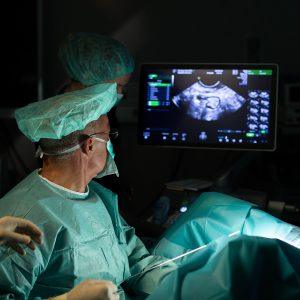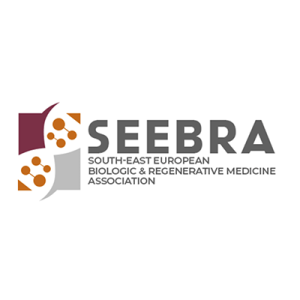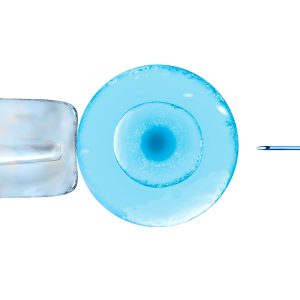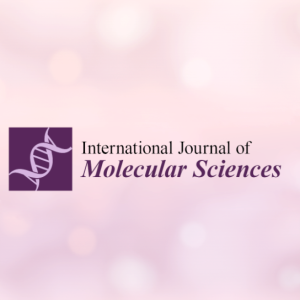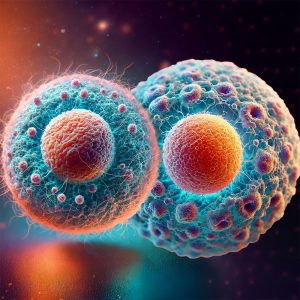Published in the Journal of Perinatal Medicine.
A few months ago, Professor Ljubić’s team published an article in the prestigious European journal, the Journal of Perinatal Medicine, exploring the specificities of transgender populations in the field of reproduction: Non-binary patients in ART: new challenges and considerations
This study examines how assisted reproductive technologies (ART)—such as in vitro fertilization—must be adapted and enhanced to support individuals who do not conform to traditional male/female gender divisions, i.e., non-binary individuals. In other words, rather than adhering exclusively to a “mother-father” model, conditions must be established that acknowledge people who do not identify strictly as male or female and may still wish to have children.
The study emphasizes the importance of using gender-neutral language, adjusting medical protocols and legal frameworks, and ensuring that appropriate resources are available for fertility preservation and, if necessary, hormone therapy. Children growing up in families with non-binary parents benefit from honest conversations about gender diversity and an environment free from discrimination, which promotes their emotional and psychological well-being. Achieving this requires the involvement of the entire system: from healthcare professionals and medical staff, through educational institutions and legal regulations, to the broader societal community.
source: Non-binary patients in ART: new challenges and considerations

